Cable TV has long been a staple in households, but many question its future with the rise of streaming services and cord-cutting. The importance of this topic lies in the shifting landscape of media consumption and its impact on traditional cable providers.
Key Takeaways
- Cable TV subscriptions are declining as more people opt for streaming services.
- The convenience and cost-effectiveness of streaming are major factors in this shift.
- Cable providers are adapting by offering their streaming options.
In this article, we will explore the reasons behind cable TV’s decline, the rise of streaming services, and how cable providers adjust to stay relevant in the digital age.
Cable TV vs Streaming: A Quick Comparison
Check out the contrasting difference between Cable TV and Streaming Services to understand which media platform is more suitable for your needs:-
| Feature | Cable TV | Streaming Services |
|---|---|---|
| Cost | $50 – $100+ per month | $5 – $90+ per month |
| Channel Variety | Extensive (100s of channels) | Growing but still limited compared to cable |
| Video Quality | Higher (1080p, 4K) | Improving but can be inconsistent (720p – 4K) |
| User Experience | Traditional channel surfing | Personalized, on-demand access |
Understanding Cable TV
Cable TV is a traditional television service that delivers content through a physical cable or satellite connection. Subscribers typically get access to a wide range of channels covering genres such as news, sports, entertainment, and more.
In addition, the prices vary depending on the provider and the specific channels included. However, they generally range from $50 to $100 monthly.
Pros of Cable TV
- Extensive channel selection and variety
- Consistent video and audio quality
- Familiar, traditional TV experience
- Bundled services (internet, phone, etc.)
Cons of Cable TV
- Relatively high monthly costs
- Hidden fees and equipment rental charges
- Limited flexibility and personalization
- Dependence on physical infrastructure
Understanding Streaming Services
Streaming services deliver content over the Internet, including Netflix, Hulu, and YouTube TV. Through this, you can watch your favorite shows, movies, and live events on-demand or live TV channels.
These services typically require a monthly subscription (starting from $6.99), though some offer free, ad-supported tiers. Streaming services are a good choice for those prioritizing affordability, flexibility, and personalization.
Pros of Streaming Services
- Generally, more affordable monthly costs
- Flexible, on-demand access to content
- Personalized recommendations and user experience
- Accessibility across multiple devices
- The rapid expansion of content libraries
Cons of Streaming Services
- Can be subject to internet connectivity and buffering issues
- It may require multiple subscriptions to access the desired content
- Limited channel selection compared to cable TV (for live TV streaming)
- Potential for content libraries to change or rotate as licensing agreements evolve
Cable TV vs Streaming: Costs
Cable TV packages typically cost $50 to $100 or more per month, and additional fees are charged for equipment, broadcast TV, and regional sports networks. In contrast, basic streaming service plans start at as low as $5.99 monthly.
However, the cost can add up quickly if you subscribe to multiple platforms.
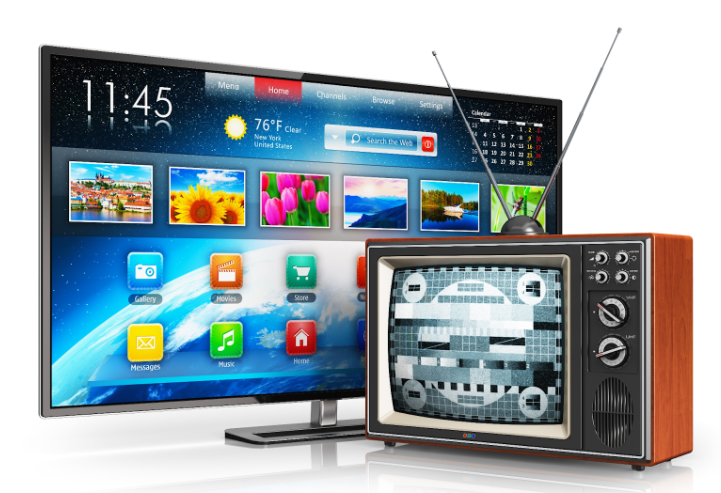
For example, the basic Hulu + Live TV plan costs $69.99 monthly, while YouTube TV’s base plan is $72.99 per month. These live TV streaming services offer a cable-like experience with access to local channels and a wide range of cable networks.
It makes them a more affordable alternative to traditional cable TV for many consumers.
When evaluating the cost-effectiveness of each platform, it’s essential to consider:
- Your specific viewing habits and content preferences
A streaming service may be the more practical choice if you only need a few key channels. However, if you value a comprehensive channel selection, cable TV may still provide better value, even with the higher monthly fees.
Cable TV vs Streaming: Key Features Comparison
Check out my one-by-one comparison to understand whether Cable TV is more suitable for you or Streaming services like YouTube TV, Hulu + Live TV, etc.
1. Content Availability: Depends On Your Needs
Cable TV still maintains a significant advantage in channel selection and variety.
Mostly because it offers hundreds of channels covering a wide range of genres, including news, sports, movies, and traditional cable networks. These extensive lineups can appeal to viewers who value a traditional TV experience.
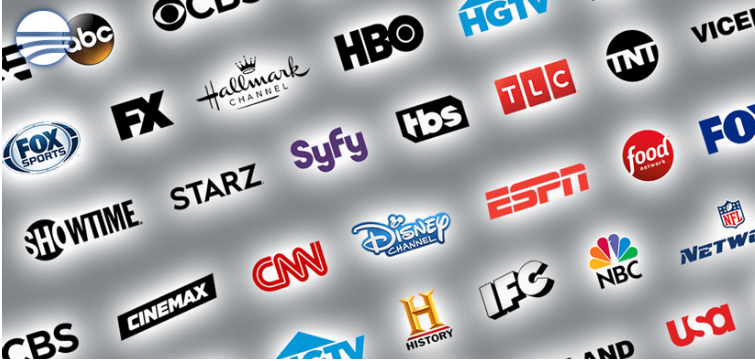
On the other hand, streaming services have rapidly expanded their content libraries, with a growing number of original series, movies, and live TV channels.
While the selection may not be as vast as cable TV, streaming platforms often offer more niche and specialized content catering to diverse interests.
Live TV streaming services like DirecTV Stream and Hulu + Live TV have also helped to bridge the gap, providing access to many of the same local and national channels found on cable.
Quick Verdict: Evaluate your viewing habits, content preferences, and budget. Choose Cable TV if you prefer a wide range of channels and a traditional TV experience. However, streaming services are better if you prioritize affordability, flexibility, and personalized content.
2. Quality Of Service: Streaming Service Is Better
Cable TV has traditionally had an edge in video and audio fidelity, with the ability to deliver 1080p and even 4K content.
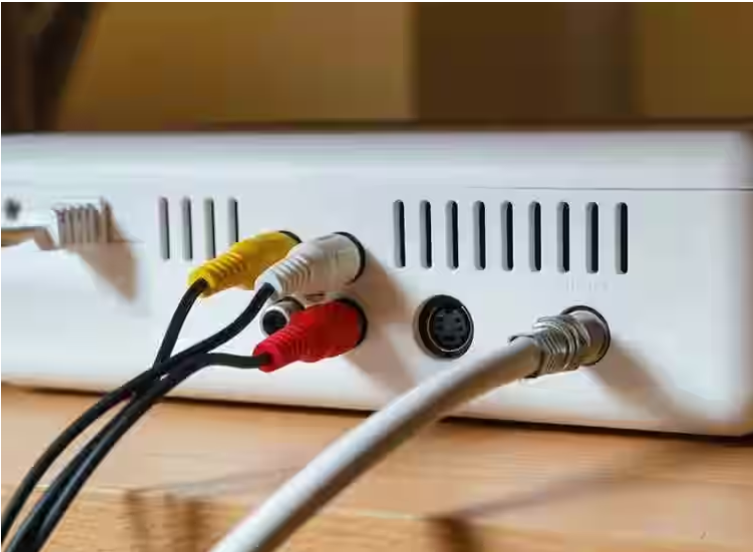
While improving, streaming services have typically been limited to 720p or 1080p resolutions. Thus, depending on the user’s internet connection, they can be subject to buffering or quality issues.
However, as internet speeds continue to improve and streaming technology advances, the quality gap is narrowing.
Many streaming services now offer high-quality 4K and HDR content.
They have also implemented features like adaptive bitrate streaming to provide a more seamless viewing experience.
Quick Verdict: Streaming services are better if you have stable internet.
3. User Experience: Depends On Your Needs
Another area where cable TV and streaming services differ is the user experience.
Cable TV often provides a more traditional and familiar interface, with channel guides, DVR functionality, and the ability to switch between channels easily.
On the other hand, streaming services have embraced a more modern and personalized approach, with intuitive interfaces, recommendation algorithms, and the ability to access content on various devices.
Quick Verdict: Cable TV may be the better choice for viewers who prefer the traditional channel-surfing experience. However, those who value a more personalized and flexible viewing experience may find streaming services more appealing.
Cable TV vs. Streaming: What Does Statistics Tell Us In 2024?
According to a 2023 report by Leichtman Research Group, the television domain is shifting significantly :
- 83% of US households now have at least one streaming service, with over 50% subscribing to four or more.
- In contrast, only 55% of US households currently subscribe to a traditional cable or satellite TV service.
These statistics highlight the growing popularity of streaming services and the decline in cable TV subscriptions. This trend is driven by streaming platforms’ factors such as:
- Affordability
- Flexibility
- Personalization
- Increasing availability of high-speed internet
Exploring Popular Streaming Services
Check out my top 3 recommendations if you are considering switching to streaming services:-
1. DirecTV Stream
DirecTV Stream offers a cable-like experience with live TV channels, providing a comprehensive package of over 65 channels, including local broadcast networks, popular cable channels, and regional sports networks.
Prices start from $69.99 for 24 Months, with a 5-day free trial.
2. Hulu + Live TV
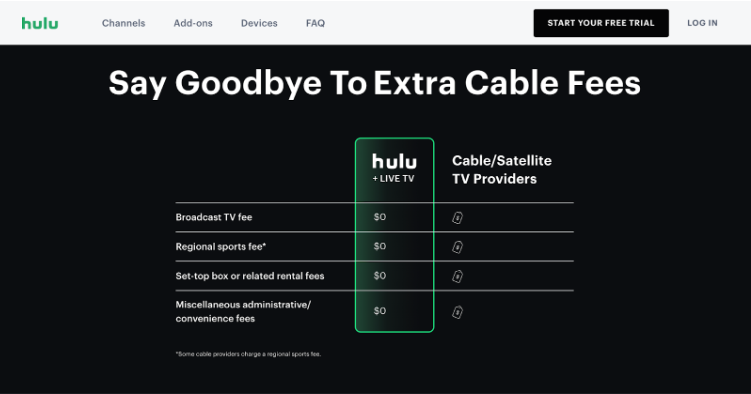
Combining Hulu’s extensive on-demand library with a live TV streaming service, Hulu + Live TV offers around 75 channels, including local affiliates, cable networks, and sports channels.
Prices start at $89.99 monthly, with a 7-day free trial period.
3. YouTube TV
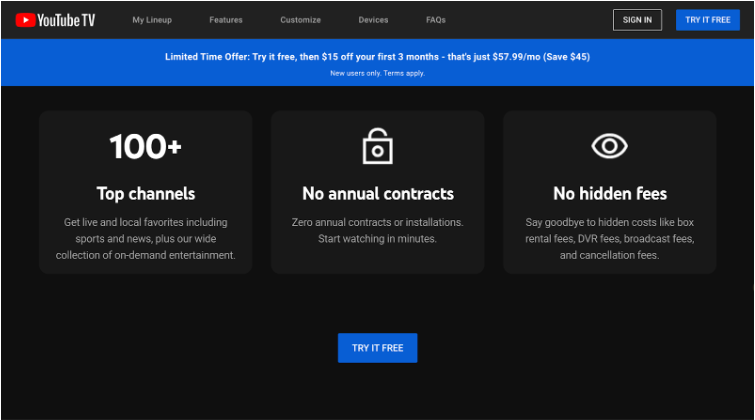
YouTube TV is a popular live TV streaming service with over 100 channels. It features local broadcast networks, cable channels, and a robust sports lineup. The base plan is $72.99 per month with a 7-day free trial. You can also find some of the working YouTube Tv promo codes here.
Live TV Streaming: Why You Should Opt For It Too?
Live TV streaming services offer several benefits, including:-
- Access to local broadcast channels (ABC, CBS, Fox, NBC)
- Wide range of cable news, sports, and entertainment channels
- Cloud DVR functionality to record live programs
- Compatibility with a variety of streaming devices
Considerations For Live TV Streaming Services
- Variability in channel selection and availability across different services
- Importance of researching specific service options to ensure they meet your viewing needs
Live TV streaming services can provide a more affordable and flexible way to access your favorite live channels, making them a compelling option for many consumers.
Relates Post:
Conclusion: Streaming Tv is Better Than Cable
In the ongoing debate between Cable TV and Streaming TV, the verdict leans towards streaming services because of their affordability, flexibility, and personalized content.
While Cable TV offers a wide range of channels and a traditional viewing experience, streaming services provide a more modern and tailored approach to entertainment.
Streaming services are the better choice for most consumers looking to optimize their viewing experience.
FAQs
Cable TV still maintains a significant share of the television market, particularly among older demographics and viewers who value the traditional TV experience. However, the rise of streaming services has undoubtedly put pressure on the cable TV industry, and the trend towards cord-cutting will likely continue in the coming years.
Streaming services tend to be more affordable than traditional cable TV packages, especially for basic subscription plans.
Some key benefits of streaming over cable TV include lower monthly costs, personalized recommendations, accessibility with multiple devices, and more.